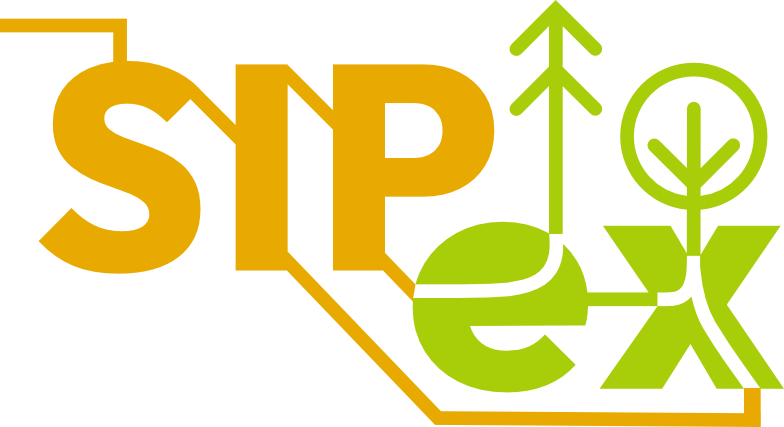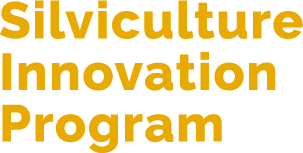Out of the Ashes Ecological Resilience to Extreme Wildfires Prescribed Burns and Indigenous Burning in Ecosystems
Data and Materials
-
Out of the Ashes Ecological Resilience to Extreme Wildfires Prescribed Burns and Indigenous Burning in Ecosystems PDFDate updated:October 1, 2025, 03:52 (UTC)
Organization
Oregon State University
No description provided
Additional Info
| Field | Value |
|---|---|
| Author | C. Eisenberg, C.L. Anderson, A. Collingwood, R. Sissons, C.J. Dunn, G.W. Meigs, D.E. Hibbs, S. Murphy, S.D. Kuiper, J. SpearChief-Morris, L.L. Bear, B. Johnston, C.B. Edson |
| Publication Year | 2019 |
| License | Creative Commons Attribution |
| Last Updated | October 9, 2025, 18:05 (UTC) |
| Created | October 1, 2025, 03:52 (UTC) |



